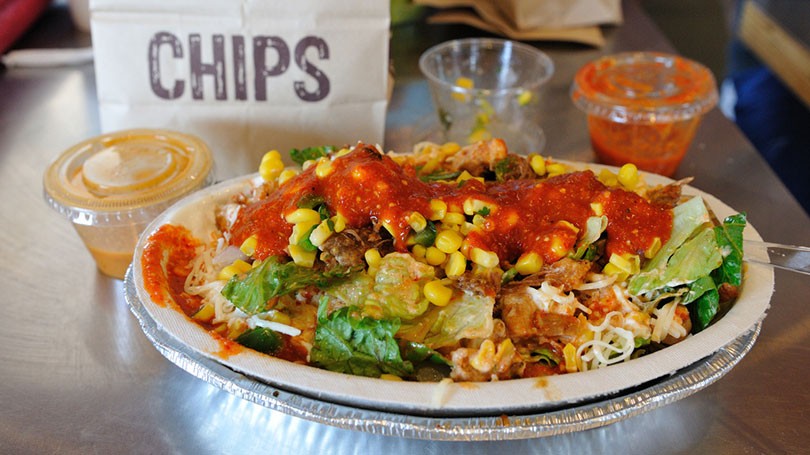4 Things Recruiters Can Learn from Chipotle
The fast-casual-food restaurant Chipotle Mexican Grill has been one of the great success stories of the restaurant business. Since 2006, the chain has grown from 500 to 1,600 outlets, employing 45,000 and achieving $327 million in net income.
Opening an average of near four restaurants a week is a major recruiting challenge, according to Chipotles communications director Chris Arnold. To meet that challenge, Chipotle uses these four techniques:
1. Create an inspiring brand story.
Chipotles brand positions the restaurant as a healthier and more natural alternative to traditional fast food. Since thats a concept difficult to flesh out in a 15- to 30-second commercial, Chipotle uses alternative media to add detail and emotional weight.
For example, Chipotle made an animated web video and accompanying mobile game that shows a cute scarecrow stuck in a nightmarish world of processed food who eventually finds a place (Chipotle, of course) where the food is more natural and organic.
While that brand story is intended for customers, it also resonates with younger workers who want to improve the world rather than just hold a job. Indeed, Chipotle often recruits regular customers as workers in their local outlets.
I used to visit Chipotle every night after I was done at my part-time job [and] eventually, the manager told me they were hiring, says employee Chase Ripley. He interviewed me on the spot and I learned that Chipotle has endless opportunities.
2. Interview for attitude.
Chipotle wants to hire candidates who can be described by the following 13 attitudes: conscientious, respectful, hospitable, high energy, infectiously enthusiastic, happy, presentable, smart, polite, motivated, ambitious, curious and honest.
Especially for the entry-level positions, we try to interview as many people as possible, as we do not believe that these characteristics can be evaluated by looking at an application, explains Arnold.
Interviewers ask normal questions but they focus on how the candidate responds rather than on the content of the response. For example, how the candidate describes previous work experience (which may be irrelevant) reveals their attitude about work in general.
Having the right attitude helps employees excel in the Chipotle environment, according to employee Katharine Hayes.nbsp; If I can impact anyones life and inspire others to make a positive change in their life and the world, I already feel like I have achieved success.
3. Treat employees as professionals.
When Chairman and Co-CEO Steve Ells founded Chipotle, he realized that, in a service-oriented business, creating a place that people wanted to work was crucial to creating a place where people wanted to eat.
Rather than trying to make Chipotle like other restaurants, Ells imitated how his college friend (and current co-CEO) Monty Moran ran his law practice. It was a place where people worked hard, felt empowered and built each other up, says Arnold.
Ells thus envisioned his employees as professionals who would add value rather than as factory workers who could be easily replaced. This makes employees less likely to leave while also encouraging them to recruit friends and family.
Chipotle differs from other companies because of the special people culture Steve and Monty have created, says Chipotle employee April Barragan. They’re constantly finding new ways to help us instead of new ways for us to help them.
4. Provide a substantial career path.
Many retail establishments recruit managers with MBAs (or equivalent experience) to oversee line employees. Chipotle, however, recruits from inside for management positions that pay six-figure salaries.
Thats a highly attractive career path for entry-level workers who may not have (or be able to afford) a college degree. The existence of this upward career path makes it easier to find top candidates who are motivated to excel.
I didnt feel that I had to go to college to achieve my hopes and dreams [and] I wanted to make something of myself, says Ripley. It took me 2 years to become a Restaurateur [restaurant manager] from my first day at Chipotle.
The policy of promoting from within also means the companys recruiters neednt search for outside management talent. As Arnolds explains: Success elsewhere doesnt guarantee success in our unique environment anyway.
* image bynbsp;Michael Saechang
To receive blog posts like this one straight in your inbox,nbsp;subscribe to the blog newsletter.
Topics: Recruiting tips
Related articles



